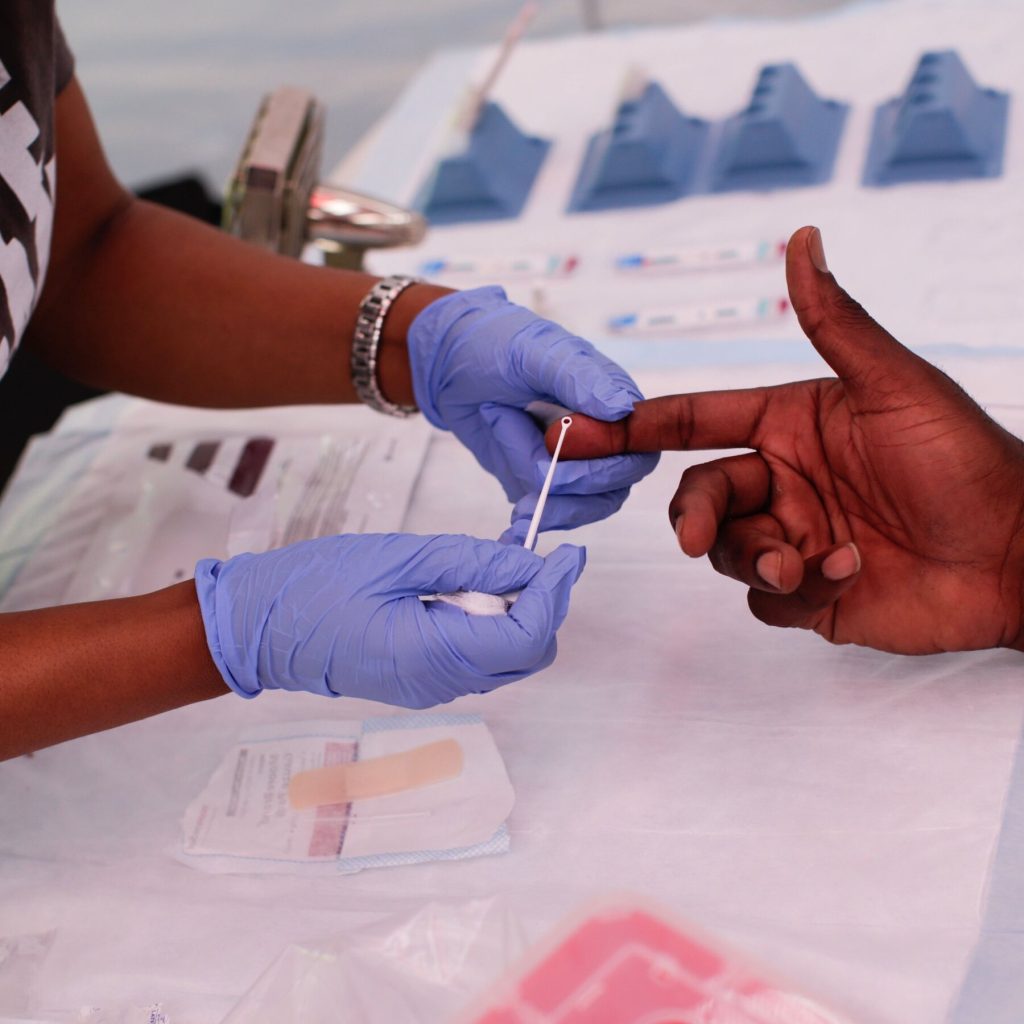Sexually transmitted diseases STDs are a common health concern that affects millions worldwide, yet stigma and misinformation continue to hinder open conversations and proactive care. This guide aims to empower individuals with knowledge and resources to address STDs with confidence and compassion.

Understanding the Basics
STDs, also known as sexually transmitted infections STIs, are infections transmitted primarily through sexual contact. Common STDs include chlamydia, gonorrhea, syphilis, herpes, human papillomavirus HPV, and HIV. Symptoms can vary widely some individuals may experience pain, sores, or unusual discharge, while others remain asymptomatic.
Seeking Early Diagnosis
Early diagnosis is crucial for effective treatment and preventing complications. If you suspect you have been exposed to an STD, consult a healthcare provider for testing. Regular screenings are recommended for sexually active individuals, especially those with multiple partners or those not consistently using protection.
Treatment Options
Most drtsuri austin std services are treatable, and many are curable. Bacterial infections like chlamydia and gonorrhea are typically treated with antibiotics, while viral infections such as herpes and HIV require antiviral medications to manage symptoms and reduce transmission risk. Left untreated, STDs can lead to severe health complications, including infertility, chronic pain, and an increased risk of contracting other infections.
Breaking the Stigma
Stigma surrounding STDs often discourages individuals from seeking help. Education and open communication are critical in dismantling this stigma. Remember, STDs are medical conditions, not moral judgments. Discussing sexual health with partners and healthcare providers promotes trust and reduces shame.
Preventative Measures
Consistently using condoms or dental dams, getting vaccinated against HPV and hepatitis, and maintaining regular testing routines are effective strategies. Open discussions about sexual history and boundaries with partners further reduce the risk of transmission.
Community Support
Support systems play a vital role in navigating STD treatment and emotional well-being. Many organizations and online communities provide confidential resources and peer support, ensuring no one feels isolated in their journey.
